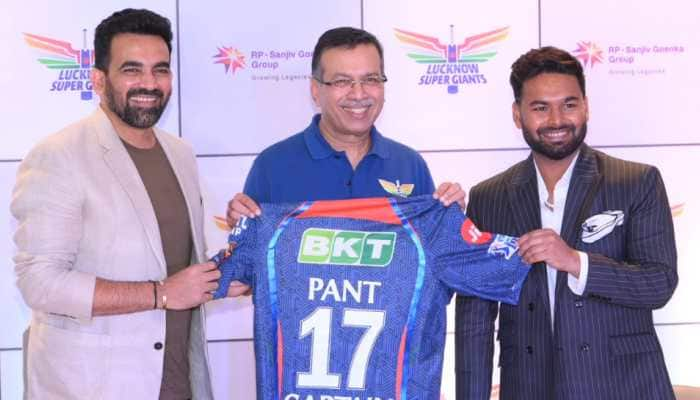RBI issues operational guidelines for Payment, Small Finance Banks
The RBI released on Thursday its operating guidelines for Payment Banks and Small Finance Banks, noting the prudential regulatory framework for the entities under the two categories will largely be drawn from the Basel standards.
Trending Photos
Chennai: The RBI released on Thursday its operating guidelines for Payment Banks and Small Finance Banks, noting the prudential regulatory framework for the entities under the two categories will largely be drawn from the Basel standards.
According to RBI, there is a need for separate operating guidelines for the players in the two sectors considering the differentiated nature of business and financial inclusion focus of these banks.
The central bank has prescribed for both categories of banks the following:
Minimum Capital: 15 percent
Common Equity Tier: 1-6 percent
Additional Tier: 1-1.5 percent
Minimum Tier 1 and Tier 2 Capital: 7.5 percent each
Capital Conservation Buffer: 7.5 percent
The exposure in this regard to an individual scheduled commercial bank shall not be more than five percent of the total outside liabilities of the Payment Banks.
According to RBI, Payment Banks will be permitted to participate in the call money and Collateralised Borrowing and Lending Obligation (CBLO) market as both borrowers and lenders.
These borrowings would, however, be subject to the limit on call money borrowings as applicable to scheduled commercial banks.
Payment Banks shall, on any given day, maintain a minimum investment to the extent of not less than 75 percent of `demand deposit balances` (DDB) as on three working days prior to that day, in Government securities/Treasury Bills with maturity up to one year that are recognised by RBI as eligible securities for maintenance of Statutory Liquidity Ratio (SLR).
Further, they will, on any given day, maintain balances in demand and time deposits with other scheduled commercial banks, which shall not be more than 25 percent of its DDB as on three working days prior to that day.
The investments and deposits made according to (i) and (ii) above, together shall not be less than 100 percent of the DDB of the Payment Banks unless it is less to the extent of balances kept with RBI.
The extant provisions applicable to scheduled commercial banks for bank charges, lockers and others shall be applicable to Payment Banks as well.
Payment Banks can accept only savings and current deposits. The aggregate limit per customer shall not exceed Rs.100,000, as provided in the Licensing Guidelines.
However, the RBI will have no objection to the Payment Banks making arrangements with any other scheduled commercial bank/Small Finance Banks for amounts in excess of the prescribed limits, to be swept into an account opened for the customer at that bank. This arrangement should be activated with the prior written consent of the customer.
According to RBI, Payment Banks need not issue passbooks but may provide statement of account in paper on request on chargeable basis or otherwise.
The account information may be provided through SMS, internet banking and provide electronic confirmation through SMS/e-mail/printed proff for each account transaction.
The Payment Banks may, at their option, exchange mutilated and defective notes at their branches, subject to compliance with RBI norms.
On the other hand Small Finance Banks may, at their discretion, issue passbooks but should give written/printed proof of the first time deposit, in addition to electronic confirmation; send statement of accounts every six months if passbooks are not issued; provide account information to SMS/e-mail/internet banking and should provide electronic confirmation for each account transaction.
All RBI and Banking Regulation Act provisions and RBI directions relating to minimum balance, inoperative accounts, unclaimed deposits including transfer of such deposits to the Depositors Education and Awareness Fund maintained by RBI on regular basis, nominations, cheques/drafts, and others will be applicable to both the categories of banks.
Stay informed on all the latest news, real-time breaking news updates, and follow all the important headlines in india news and world News on Zee News.
Advertisement
Live Tv
Advertisement







)
)
)
)
)
)
)
)
)
)
